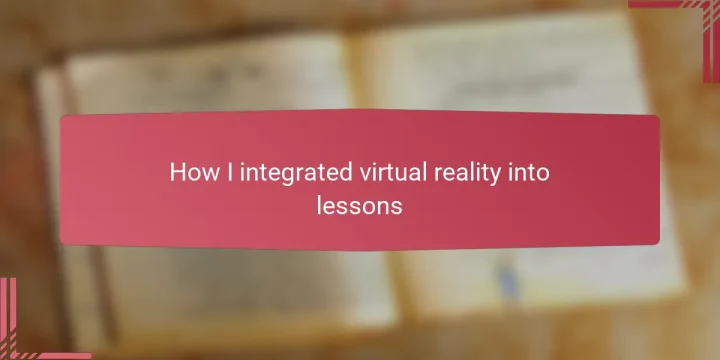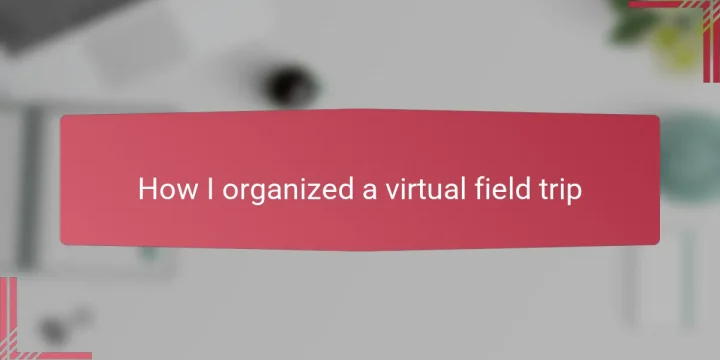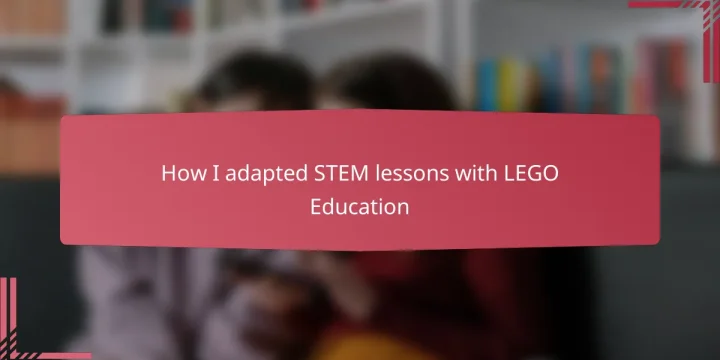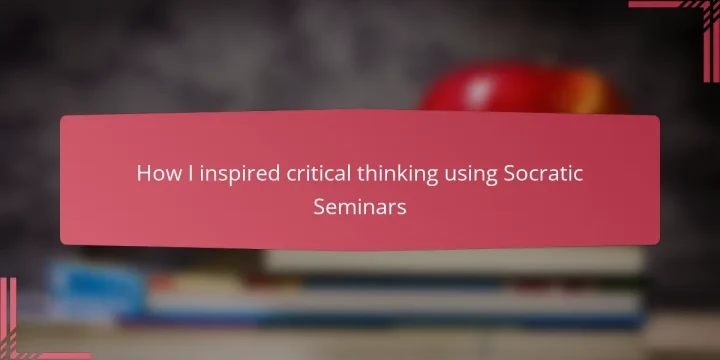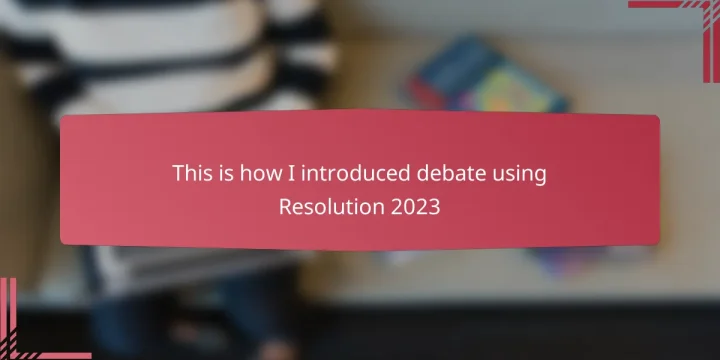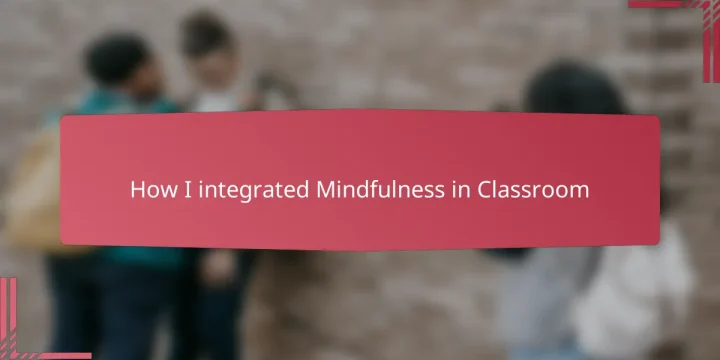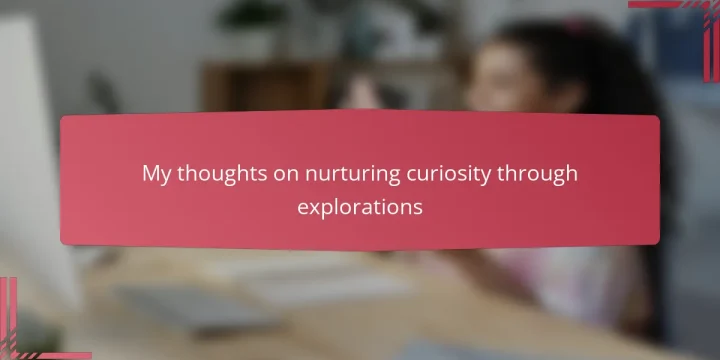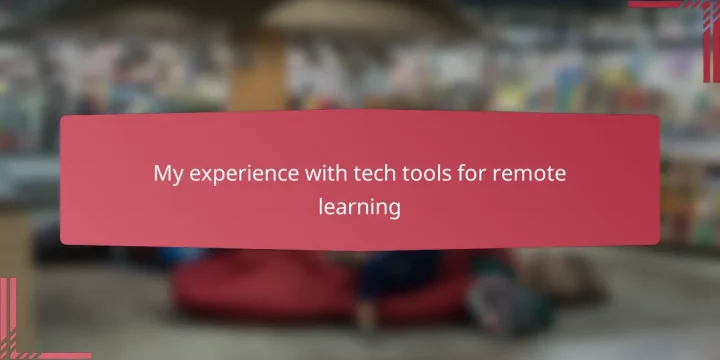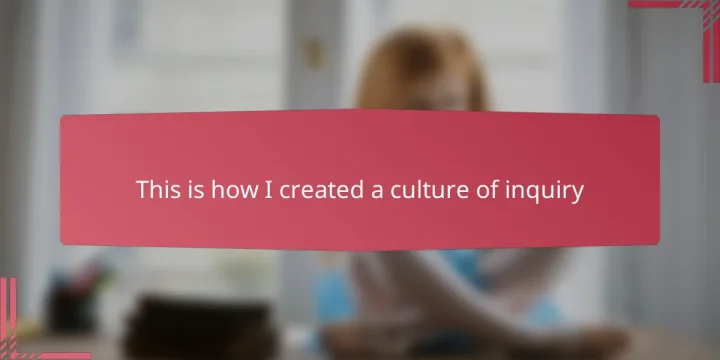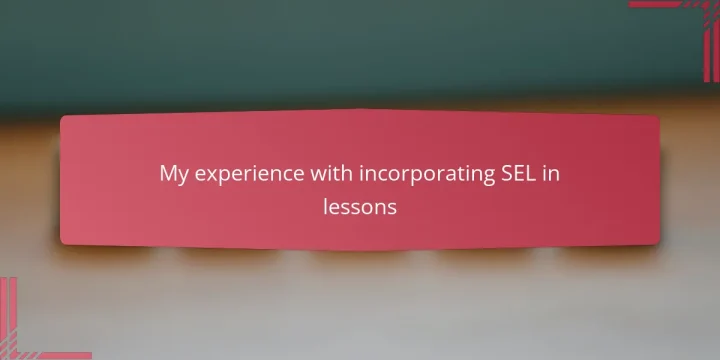
Key takeaways Social Emotional Learning (SEL) is crucial for fostering trust and empathy in classrooms, enabling deeper learning experiences. Integrating SEL into everyday routines, such as emotional check-ins, creates a sense of community and enhances student engagement. Modeling emotional vulnerability as a teacher encourages students to open up about their challenges, aiding in their emotional development. Flexibility in lesson planning allows for meaningful discussions that address students' emotional states, enhancing learning outcomes. Understanding social emotional learning Social emotional learning, or SEL, is about more than just teaching kids to get along. It’s about helping them understand their own feelings and the feelings of others — something I learned firsthand when a student opened up about her anxiety during a group activity. Have you ever noticed how much energy goes into…
